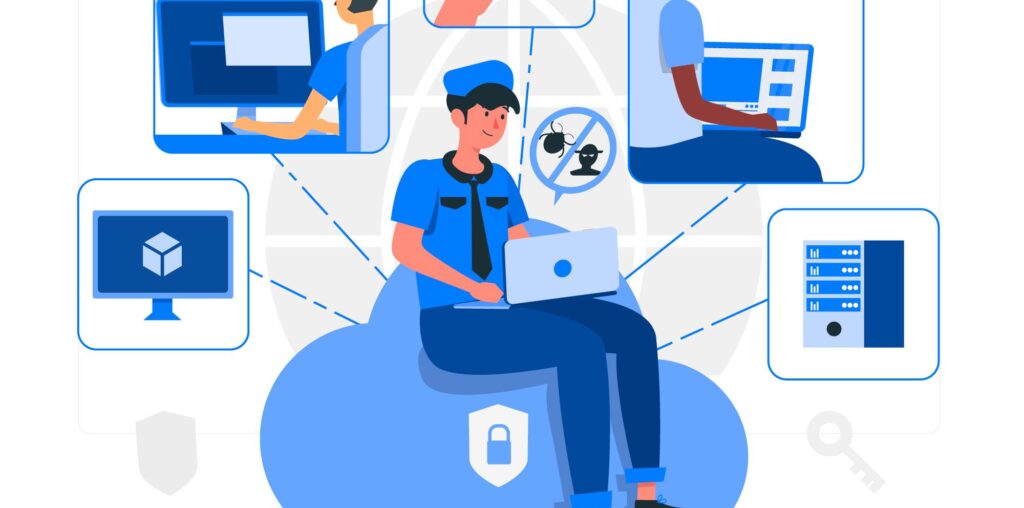Introduction to Data Collection Services in the Travel Industry
The travel industry is constantly evolving, driven by changing consumer preferences and technological advancements. At the heart of this transformation lies an essential component: data collection services. These services play a crucial role in shaping strategies for airlines, hotels, tour operators, and online travel agencies. By harnessing valuable insights from various data sources, companies can better understand traveler behaviors, enhance customer experiences, and optimize their operations.
In a world where personalization is key to attracting and retaining customers, effective data collection has become more important than ever. But what exactly does it entail? How can organizations leverage these services to gain a competitive edge? Let’s explore the fascinating realm of data collection in the travel industry and uncover its significant impact on business success.
Why Data Collection is Important for the Travel Industry
Data collection is crucial for the travel industry because it drives informed decision-making. Companies rely on accurate data to understand customer preferences and behavior. This insight enables them to tailor services that resonate with travelers.
Personalization is another key benefit. By analyzing past interactions, travel businesses can create customized experiences that enhance customer satisfaction. This leads to increased loyalty and repeat bookings.
Furthermore, data allows for better marketing strategies. Understanding demographics helps in targeting the right audience effectively. It also aids in optimizing pricing models based on market trends and demand fluctuations.
Operational efficiency improves too when companies leverage data analytics. They can identify bottlenecks, streamline processes, and ultimately save costs while enhancing service delivery. The role of data collection in this sector cannot be overstated; it shapes the future of travel experiences for both providers and customers alike.
Different Types of Data Collection Methods Used in the Travel Industry
The travel industry employs various data collection methods tailored to its unique needs. Surveys are a popular choice, allowing businesses to gather customer feedback directly after their experiences. This real-time input helps refine services.
Web scraping is another method that extracts data from online sources such as competitors’ pricing and customer reviews. It provides insights into market trends and consumer preferences.
Mobile apps also play a vital role in collecting user behavior data. By analyzing how customers interact with these platforms, companies can enhance user experience and streamline booking processes.
Social media listening tools monitor conversations about brands across different platforms. This approach captures public sentiment, enabling travel companies to adapt marketing strategies effectively.
Loyalty programs accumulate valuable information on repeat customers’ preferences, helping tailor offers that resonate with them personally while boosting retention rates.
Case Studies: Successful Implementation of Data Collection Services in Travel Companies
- Many travel companies have harnessed data collection services to enhance customer experiences and optimize operations. One notable example is a leading online travel agency that utilized customer feedback surveys post-booking. This initiative helped them understand traveler preferences, allowing for tailored offerings and improved satisfaction rates.
- Another success story comes from an international airline that implemented a real-time analytics platform. By collecting data on passenger behavior, they streamlined check-in processes and reduced wait times significantly.
- A popular hotel chain also embraced data collection through loyalty programs. They gathered insights about guest habits and preferences, enabling personalized marketing strategies that drove repeat bookings.
- These case studies illustrate the transformative power of data collection services in the travel industry, driving growth while meeting evolving consumer needs effectively.
Challenges and Solutions for Implementing Data Collection Services
Implementing data collection services in the travel industry comes with its fair share of challenges. One major hurdle is ensuring data privacy and compliance with regulations like GDPR. Travelers are more aware of their rights and expect transparency about how their information is used.
Another challenge lies in integrating new technologies with existing systems. Legacy systems can complicate data collection efforts, leading to inefficiencies and errors.
To address these issues, companies must invest in robust training for staff on best practices in data handling. Engaging customers through clear communication about data usage builds trust.
Adopting cloud-based solutions can simplify integration processes, allowing seamless access to real-time insights across platforms. These strategies not only improve efficiency but also enhance customer experience by tailoring offers based on collected data insights.
The Future of Data Collection in the Travel Industry
The future of data collection in the travel industry is increasingly driven by advanced technology. Artificial intelligence and machine learning are set to transform how companies gather insights about customer behavior. Predictive analytics will help anticipate travelers’ needs before they even book.
Mobile applications will play a critical role, providing seamless access to real-time data. This enables companies to tailor their offerings based on user preferences and past behaviors.
Moreover, privacy concerns will shape data collection company practices as regulations become stricter. Transparency and ethical usage will be essential for building consumer trust.
Blockchain technology may also emerge as a key player, ensuring secure transactions while enhancing data integrity across platforms.
Virtual reality could provide immersive experiences during the research phase of travel planning, collecting rich user interaction data that can influence marketing strategies in innovative ways.
Conclusion
The role of data collection services in the travel industry cannot be overstated. As companies strive to enhance customer experiences and streamline operations, robust data collection methods have become essential. From understanding traveler preferences to optimizing pricing strategies, the insights gained from effective data gathering can significantly impact a company’s success.
Travel companies that embrace innovative data collection techniques are poised to stay ahead of their competition. Challenges may arise during implementation, but with thoughtful planning and strategic solutions, these hurdles can be overcome. The future promises even more advanced tools and technologies that will further refine how travel businesses gather and utilize information.
As the industry evolves, so too do the opportunities for growth through informed decision-making driven by reliable data collection services. Embracing this transformation is key for any travel business aiming for long-term success in an increasingly competitive landscape.



